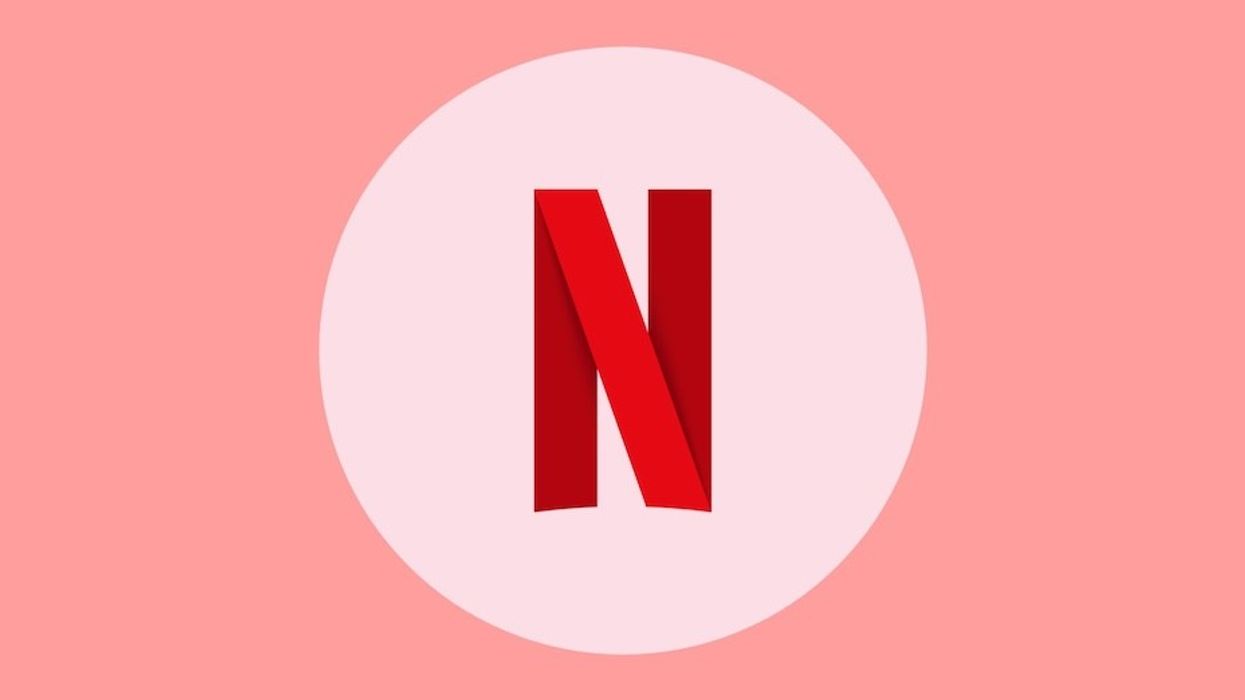Don’t need to tell us twice.
Plan Your Vacation with Help From Project: Time Off

Theoretically, we all understand that taking time off work to travel with friends, spend time with family, and even enjoy a solo vacay is super important to recharge our spirits and refresh our minds. But in reality, we’re taking more virtual vacations via Instagram scrolls on our commutes home than we are using travel apps to help us snag a flight to somewhere exotic. Yes, maintaining a healthy work-life balance is tricky, especially when you work somewhere that doesn’t value vacation (and you’re still trying to advance your career). It’s about time we all find our chill — and Project: Time Off‘s sole purpose is making sure every American does just that. We spoke with Cait DeBaun, director of communications at P:TO, to get the scoop on what they’re trying to accomplish, why vacation days are so important, and how to start de-stigmatizing taking time off and plan your vacation.

Brit + Co: We just met you and we already love your organization. Can you tell us what Project: Time Off is all about?
Cait DeBaun: Project: Time Off has uncovered an alarming trend over the last 40 years — Americans are taking fewer and fewer vacation days. To reverse this trend, we aim to prove that vacation travel is valuable and necessary for strengthening personal relationships, inspiring creative thinking, improving professional performance, and promoting better health. Simply put, our mission is to prove the value and necessity of taking vacation.
Since 2013, we have conducted the most in-depth research on America’s vacation habits and attitudes, including our annual State of American Vacation study (started in 2016) to track annual vacation usage, calculate the number of unused days, and determine what trends are impacting America’s ability to vacation.
B+C: Why do you think Americans have such a hard time using vacation days?
CDB: For years, Americans lived by the “work hard, play hard” mindset. We put in the hours at work and enjoyed time off with our family and friends. That all changed around 2000, when the decline in America’s vacation time started, and we forgot the play-hard part of the equation. Much of this has to do with the always-on work environment created by technology and the shift in our workforce to an ideas economy. Your job is always in the palm of your hand. You feel pressure — whether it’s self-imposed or the tone set by your manager — to be the first to respond and put in the face time.
B+C: So is it the responsibility of the employee or the manager to start shifting these mindsets?
CDB: American employees and managers both overwhelmingly believe in the importance of vacation. But once an employee gets recruited and hired, we don’t talk about vacation in the workplace. Employees report that two-thirds of managers say nothing or send mixed messages about taking vacation. Without a supportive culture, Americans don’t know the rules of the road for vacation. Our research shows that if managers encouraged employees to take vacation, 80 percent would be more likely to use their time off. It’s not all on the manager, though. Employees have adopted a work martyr mentality — thinking that nobody else can do the job, that taking vacation will make them seem replaceable. We need to stop wearing the numbers of hours we put in as a badge of honor.
B+C: Okay, so how does P:TO plan to reverse the stigma and educate people on the importance of a healthy work/life balance?
CDB: National Plan for Vacation Day, launched in 2017, is a major moment for us at the beginning of the year to encourage Americans to get out the calendar and plan their vacation for the year. Held annually on the fourth Tuesday of January, National Plan for Vacation Day is for planning your days off at the start of the year for the rest of the year, before your calendar fills up. Our research shows that planning, as simple as it sounds, is a key solution for reclaiming our vacation time. Planners are more likely to use all their vacation days, take longer breaks, and be happier with their relationships, jobs, careers, and health.
B+C: Is there any truth to the idea that skipping vacation helps your career? Or are we all just working more for nothing?
CDB: Our research also works to prove that skipping vacation doesn’t get you ahead. In fact, it may even hurt you. Employees who forfeited vacation time were less likely than those who didn’t to have been promoted within the last year and to have received a raise or bonus in the last three years. The same holds true for the wannabe work martyrs of America. The term “work martyr” doesn’t carry positive connotations, but four in 10 Americans still say that they want to be seen that way by their bosses. Employees who want to be seen as a work martyr were less likely to report receiving a recent raise or bonus and no more likely to be promoted than those who didn’t think it was a good thing to be viewed as a work martyr.
B+C: On a similar note, why is it so important that we use our vacation days?
CDB: Take a minute to think about sports. There’s no game where athletes are on the court or in the field the entire time. They take breaks so they can recharge, reflect on their approach, and get back out there. We all need that break to recharge, think outside of our daily routine, and connect with the people in our lives. Vacation provides that opportunity. It provides the quantity of time that is required for quality personal relationships and bonding experiences. It offers new perspectives that will inspire creativity and breakthrough thinking that will improve performance at work.
B+C: Do you have any tips for people who are nervous about requesting time off or have a hard time using their full vacation package?
CDB: To make sure you’re taking the time off, plan your time out, even if you don’t know where you’re going with it. Just blocking your calendar protects your time, and once you determine how you’re going to use that time, you have something to look forward to. Here are some tips I wrote on requesting, preparing for, and taking time off.
And if you’re nervous about how taking vacation will reflect on you, use it as an opportunity to highlight recent successes or major projects you’ve worked on to your boss, and why a break will be great to recharge after a big push. If you’re nervous about being looked over for a promotion or raise, don’t be. Project: Time Off research has shown year after year that people who take vacation are no less likely (and sometimes, actually, more likely) to have received a promotion, raise, or bonus than those who use less or no vacation time.
Do you use all your vacation days or need help to plan a vacation, or do you let them lapse at the end of the year? Tweet us @BritandCo and tell us how you do time off!


















